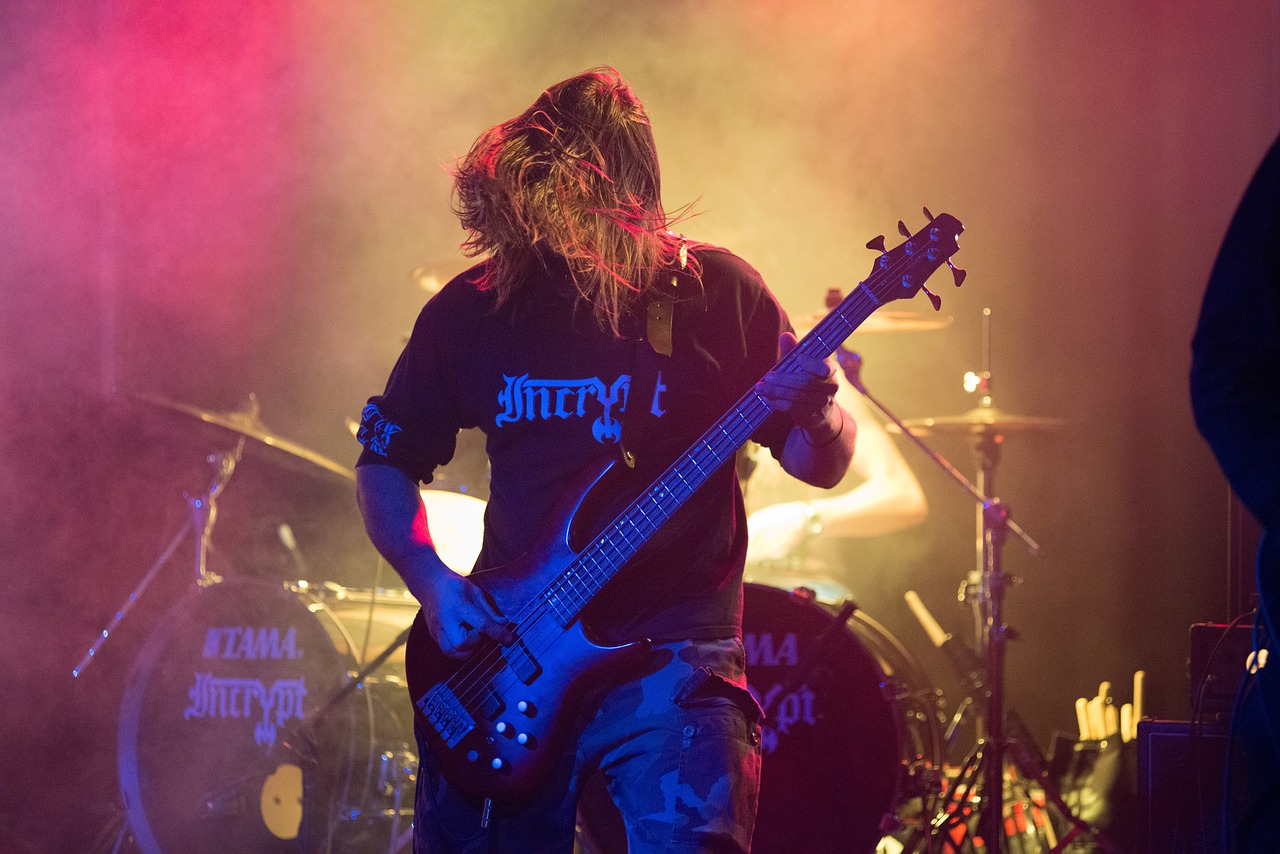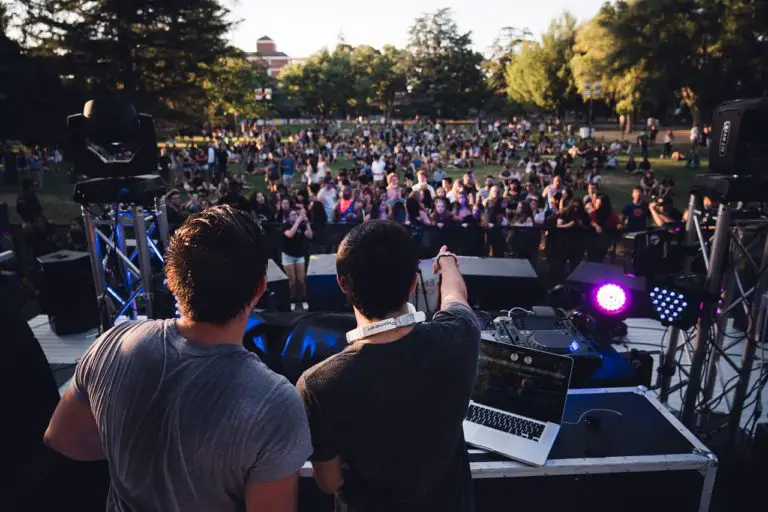Why is Fan Interaction Important for Musicians?
Have you ever seen a musician playing live on stage? Adoring fans likely surround them. They will talk to fans during the performance to get them excited, boost the room’s energy, and tell them about upcoming news with the band. This type of fan interaction is only one example of how a musician interacts with fans. There are also meet and greets, social media, face-to-face encounters, and more. And the way the musician treats their fans is critical.
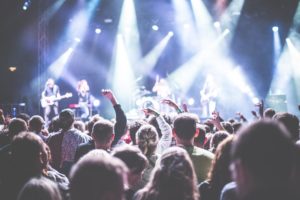
Why is fan interaction important for musicians? Fans are musician’s customers. They are the ones buying merch, albums, and tickets to their shows. Like any other customer types, it is up to the artist to provide terrific service, including the right kind of interaction.
Interaction can come in many shapes and sizes. This article will look at examples of musician-fan interactions so you can know what to do and what not to do. And remember, not every musician plays by the rules.
Live Concerts
Picture it: you go to a live concert, and the performers don’t speak at all. Or maybe they mumble a few words between songs. What’s the vibe? Boring? Unless we are talking about shoegaze music.
What is Shoegaze Music?
Now don’t get me wrong, there are a few bands that purposely put on a low-key stage show so bands can concentrate on the music. For instance, Helmet (the band) pioneered shoegaze music. The name comes about from musicians that stare at their shoes the entire time they’re on stage.
While shoegaze isn’t for everyone, it will not disappoint fans who expect it and from the genre. It is also hopeful that these bands make up for lack of showmanship with exciting riffs.
What People Typically Expect With Fan Engagement
However, fans will want musicians to talk to them for the most part and make the show exciting. They want to sing the verses and jump up and down, having their band encourage this. It’s also great if the musicians throw in a few jokes to make the audience laugh.
Musicians can also use live shows to promote their music. For instance, they might say, “Here’s a song from our new album that’s coming out on (insert date here).” However, musicians shouldn’t go overboard with sales pitches. No fan wants that.
And while musicians should keep fans engaged during live shows, they should also make sure they are saying the right thing.
For instance, Bare Naked Ladies frontman Ed Robertson is known for his witty stage banter. However, he made a mistake at a 1988 show in Mountain View, California, when he said the following:
“I have to say, you know what, it’s a little disappointing that today that we’re playing in the daylight because you can’t see our laser show. We have a huge green and red argon laser show- it’s happening right now but you can’t see it!’
Musicians should never point out the negative to fans.
Robertson has also been guilty of making fun of the band Hoobastank on stage, which earned him a somewhat threatening flower bouquet.
On the other hand, singers like Dolly Parton and Paul Stanley also have witty banter. People often quote them for what they say on stage, so fans go to see them. For example, Paul Stanley’s arguably most famous quote is, “You lick me, I lick you.”
How Bands Engage With Fans Using Meet and Greets
Meet and greets are a regular part of a musician’s life. They make stops in cities, usually along their tour routes, to talk to fans.
“Meet and greets” can take place before or after a show. In these cases, fans may win the opportunity to meet the artist through radio promotion, or they may pay good money to meet them.
Meet and greets can also be done in a record or bookstore. This style usually promotes a record or book they are selling. These meet and greets may consist of a “Q & A session” for the fans or press. Then fans get an opportunity to talk to the artist in person for a few minutes, take a picture, and get some merch signed.
Musicians are usually on their best behavior during a meet and greet, but this isn’t always the case. Justin Bieber, for instance, requested to stop meet and greets altogether. He claimed he found it hard to keep up his enthusiasm and that the interactions left him feeling depressed and emotionally drained.
Brittany Spears reportedly also had a meet and greet that left fans disappointed due to her lack of interaction.
Avril Lavigne’s meet and greet made for some awkward pictures when her security crew insisted that none of the fans would be allowed to touch the star.
More recently, Lana Del Rey became the heart of controversy when she showed up for a book signing of her new poetry book wearing only a mesh face mask during the coronavirus pandemic.
How Musicians Meet Their Fans In Person
Although meet and greets are times when artists know to be on their best behavior (even though they may not always be), the same can’t be said when approached in person. Of course, artists might feel harassed if you catch them shopping at the grocery store or on a trip out with their family.
However, some rock stars are known for being ‘super cool’ every time you meet them. For instance, Dave Grohl is known for taking the time to say hello to his fans and always being accommodating and welcoming.
James Hetfield takes a different approach, saying he doesn’t take photos with his fans because he’d rather ‘talk to them as people than an idol of some sort.’
Then there are rock stars known for their bad attitudes, and if you see them on the street, you may be better off walking the other way.
For instance, Don Henley was once in a grocery store behind a woman and her autistic child. The child began having trouble, which held up the line. When it was Henley’s turn, he yelled at the cashier for taking the time to help.
Alice Cooper was guilty of similar behavior. When fans waited outside his dressing room for five hours to talk to him, not only did he refuse to say hello, he raised a walking stick to them so they wouldn’t get too close.
How Musicians Use Social Media to Engage with Fans
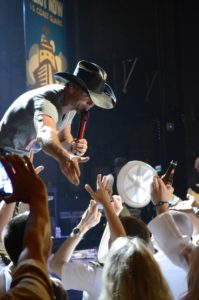
Social media gives artists another platform to reach fans. There are several ways artists can use social media to communicate with their followers.
- Share News: Social media can be used to share music news that includes anything from a new album release, upcoming tour dates, cancellations, and line-up changes.
- Personal Posts: Musicians may also use social media to share personal news. They may give political opinions, let fans see an inside look at their lives, and let them know about a day they spent with their families.
- Posting Their Music: Musicians use social media sites like Tik Tok and YouTube to feature artists’ music. While bigger artists may not want their music featured on free platforms, smaller artists use this to advertise their music.
Studies show that artists who do an equal amount of personal and news posts may get optimal interaction. While it’s necessary to keep fans updated on the latest, musicians should avoid being overly “salesy.” Including individual posts will maintain a balance. It will also forge an emotional connection between the artist and the band.
Public Relations (PR) and Fan Interaction
Bigger musicians have PR people working for them. PR people work as a sort of go-between when it comes to fan and musician interaction. For instance, if the band has news, such as a tour or album release, they will share information with the press to get to the fans.
PR people are also famous for damage control. If anything adverse comes out about a musician, they will rush to the press with a statement that attempts to smooth things over to keep fans from getting a negative connotation of the band.
PR and social media are very similar and can even be considered the same. The only difference is that an artist has control over what is on their social media accounts. On the other hand, there is no telling what could come out about a musician in the press.
Artists’ opinions may come through when they give an interview, but they don’t always say what fans what to hear.
For instance, Morrissey is famous for dropping bombs in interviews. A few years ago, he interviewed with a German publication called Der Spiegel ins. He shared his opinion on the decision to replace Kevin Spacey with another actor on an upcoming film due to allegations of sexual assault “absurd.”
Quincy Jones is also known for being a loose cannon when interviewed. When he appeared on Dave Marchese’s ‘In Conversation’ series for Vulture, he claimed he knew who assassinated John F. Kennedy. Also, he called The Beatles “the worst musicians in the world” and claimed he once dated Ivanka Trump and that she has “the most beautiful legs in the world.” He rounded it all out, saying frequent collaborator Michael Jackson was “greedy” and as “Machiavellian as they come.”
Is Fan Interaction Important?
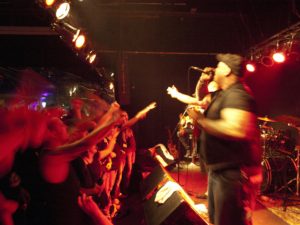
Based on what we’ve seen so far, we have to wonder, how important is fan interaction? After all, while many artists are known for being kind to their fans, others have ‘behaved badly’ and still manage to have a thriving fan base.
We’re not sure why this is, but it could be that these are isolated incidents that celebrities have since made up for by other interactions that were more inclusive to fans. Some fans are willing to forgive because they like the artist’s image and music.
However, there are cases where artists’ actions turned off their fan base to the point where it potentially ruined their careers. For instance, when the Dixie Chicks announced on stage that they were “ashamed that the President of the United States is from Texas,” it was pretty much career suicide.
Note, they were later embraced by fans for losing the ‘Dixie’ from their name because it was associated with the slave era South.
Sinead O’ Connor has also been struggling since she ripped up a picture of the Pope on Saturday Night Live in 1992.
Fan interaction is essential for musicians. Admittedly, the way they act can work for or against them, but staying quiet and inverted isn’t an option if you’re in the public eye. How have your interactions with your favorite musicians gone?
FAQs on Fan Interaction
How can I build my fan base as a musician?
When you are starting as a musician, fan interaction is critical. The first step will be making yourself visible to a new audience. With that in mind, here are some ways to go about it.
- Build a Brand: Your brand comes from the type of music you do and the image you want to portray. Unlike a company, you can’t market yourself to you fit into a specific box. Still, there are things you can do to boost your image and make yourself more appealing.
- Put Yourself Out There: There are tons of online resources for musicians. In addition to social media pages, you should also put yourself on music discovery sites like ReverbNation, Spotify, Tik Tok, and Bandcamp. Send press packages to local radio stations and fanzines to see how you can get more publicity.
- Play Live Shows: A live show allows you to advertise yourself and get seen by your fans. It builds up a rapport, it will help you build a following, and you might even get discovered along the way.
What Should a Musician Post?
Social media is a big part of fan interaction, but many musicians get stumped on what to post. Here are some ideas:
- Announcements: You may not want to be overly salesy, but fans need to know what’s going on with your band. If you have a gig or new music coming out, social media is a great way to get the word out.
- Behind the Scenes Pics: Did your band have a fun day out? Are you working on shooting a video? Some behind the scenes pics will give your fans terrific exclusive insight.
- Personal Information: Some bands and members protect their privacy more than others, but if you don’t mind sharing, posting personal pics will help forge a connection that makes fans feel closer to the artists.
How Do Musicians Perform Onstage?
The way musicians perform onstage will also help them connect with their audiences. The interaction goes beyond what the artist says while on stage. It also includes how they move and their facial expressions while singing.
Every musician will act differently on stage according to the style of music they play, their image, and more. However, artists should always put their all into their performances to keep their audiences’ attention and make them feel like the concert was worth the admission cost.
Keep it on Bythebarricade.com for tons of punk rock interviews, reviews, articles, and photos! Also, “Like” By the Barricade on Facebook to never miss a post.

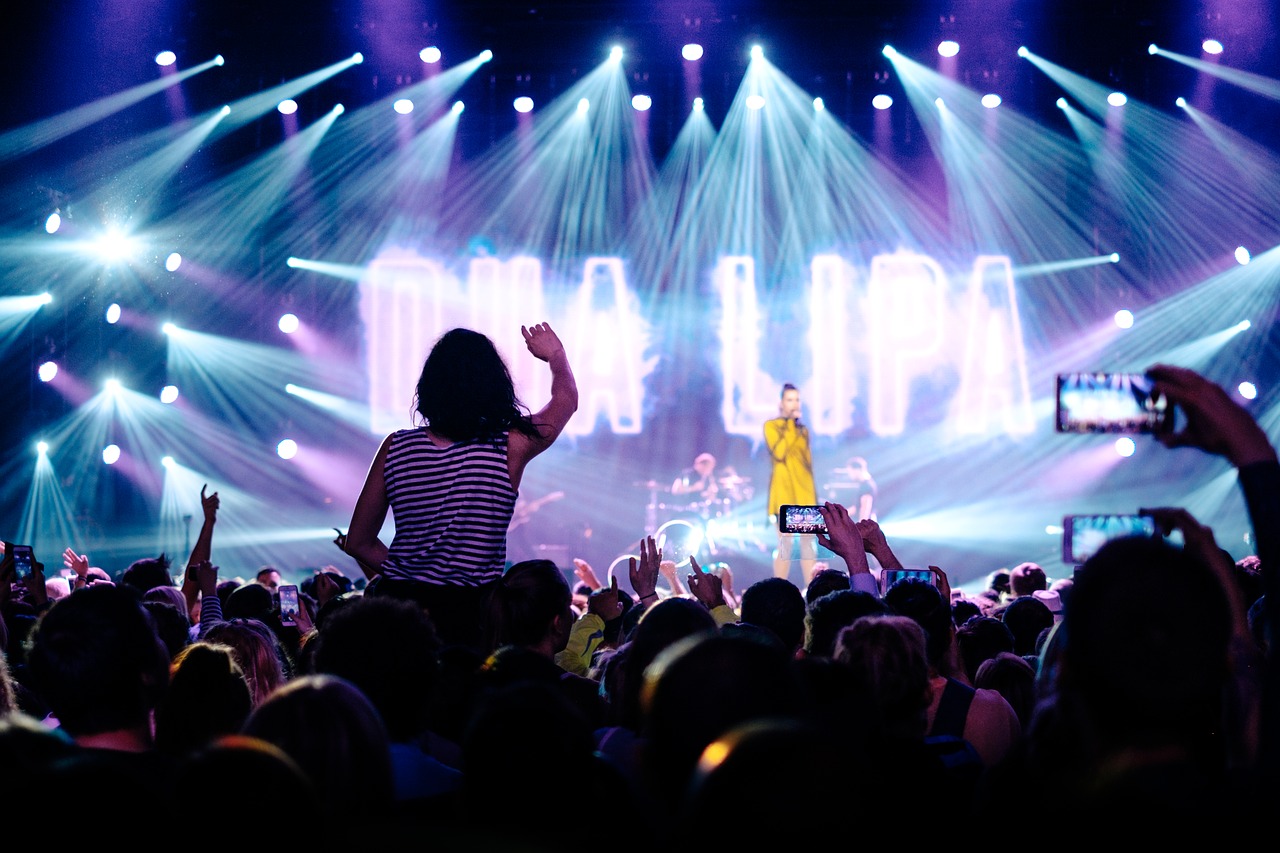

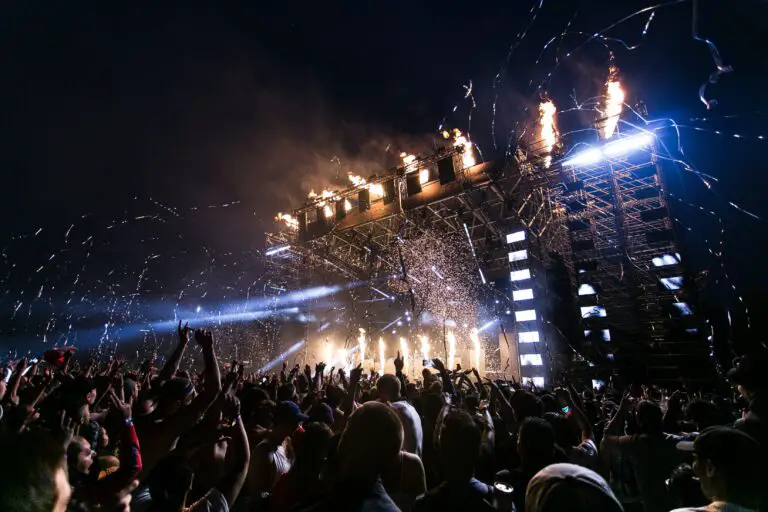
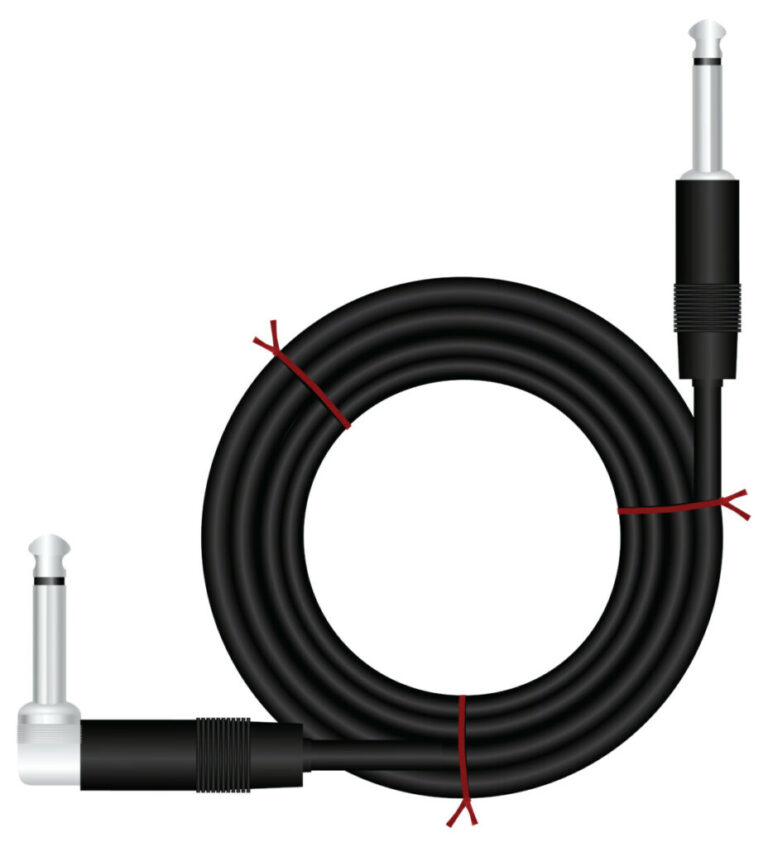

![How To Start a Music Career [8 General Tips and Considerations]](https://www.bythebarricade.com/wp-content/uploads/2023/05/123027830_l-1-1024x512-1-768x384.jpeg)
